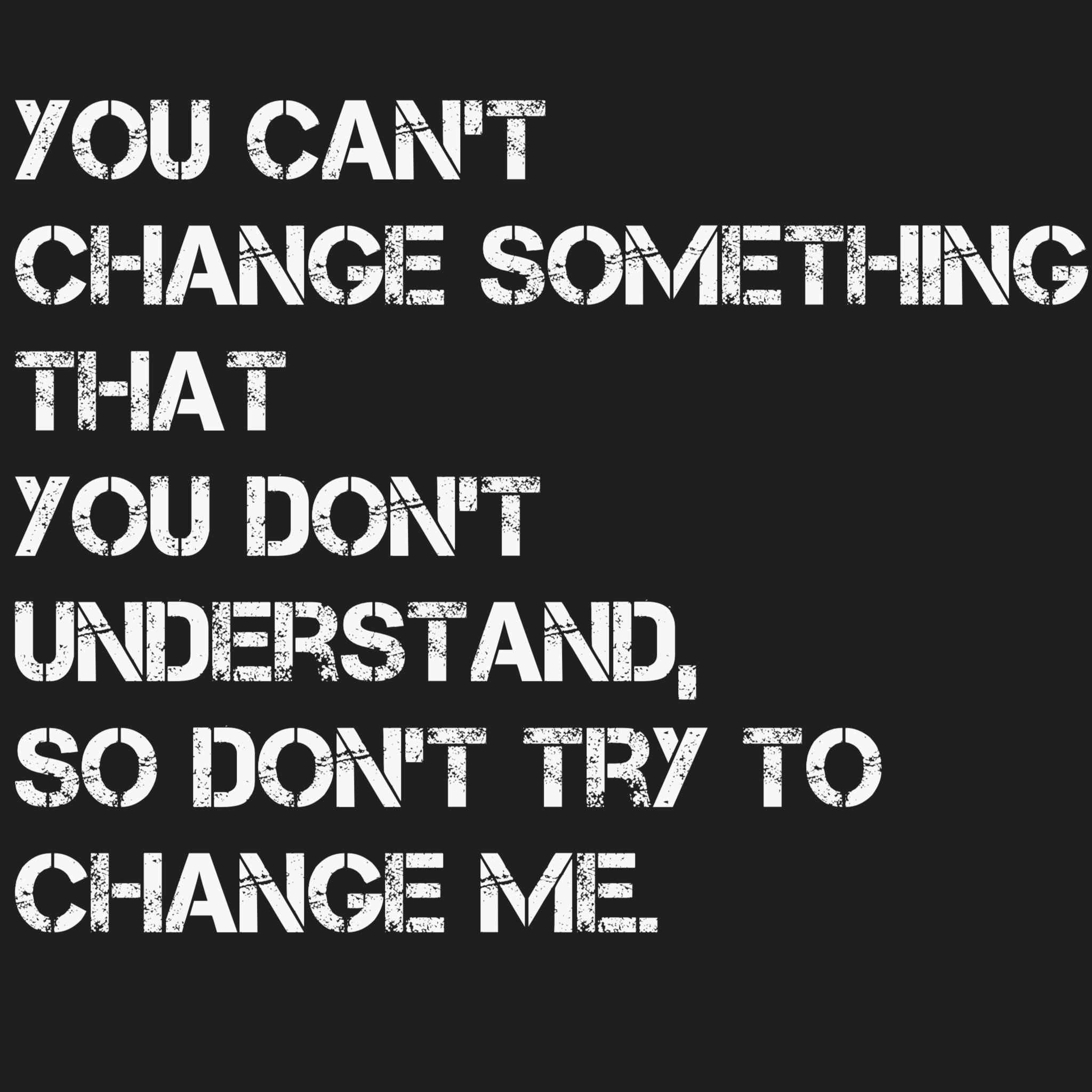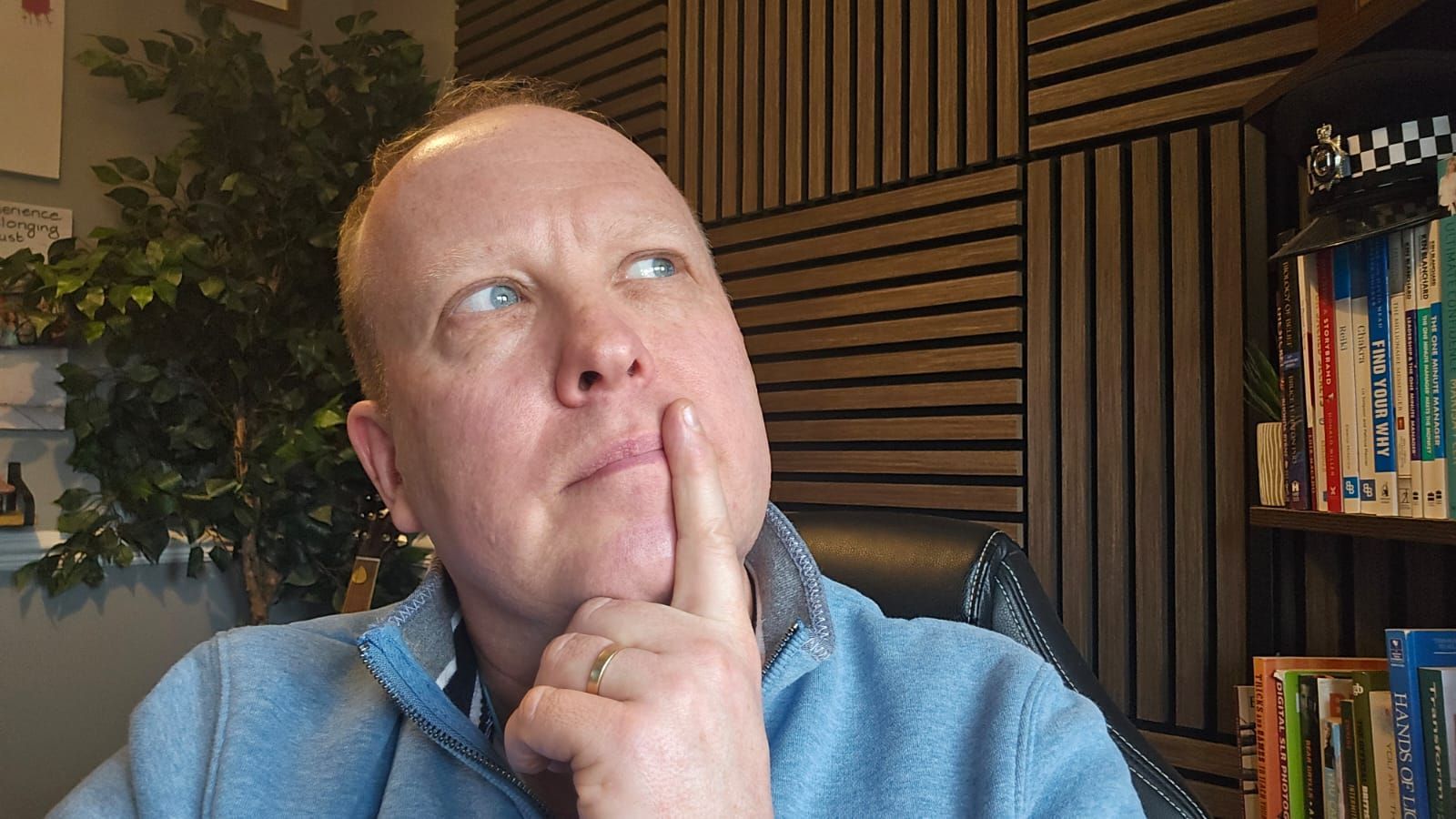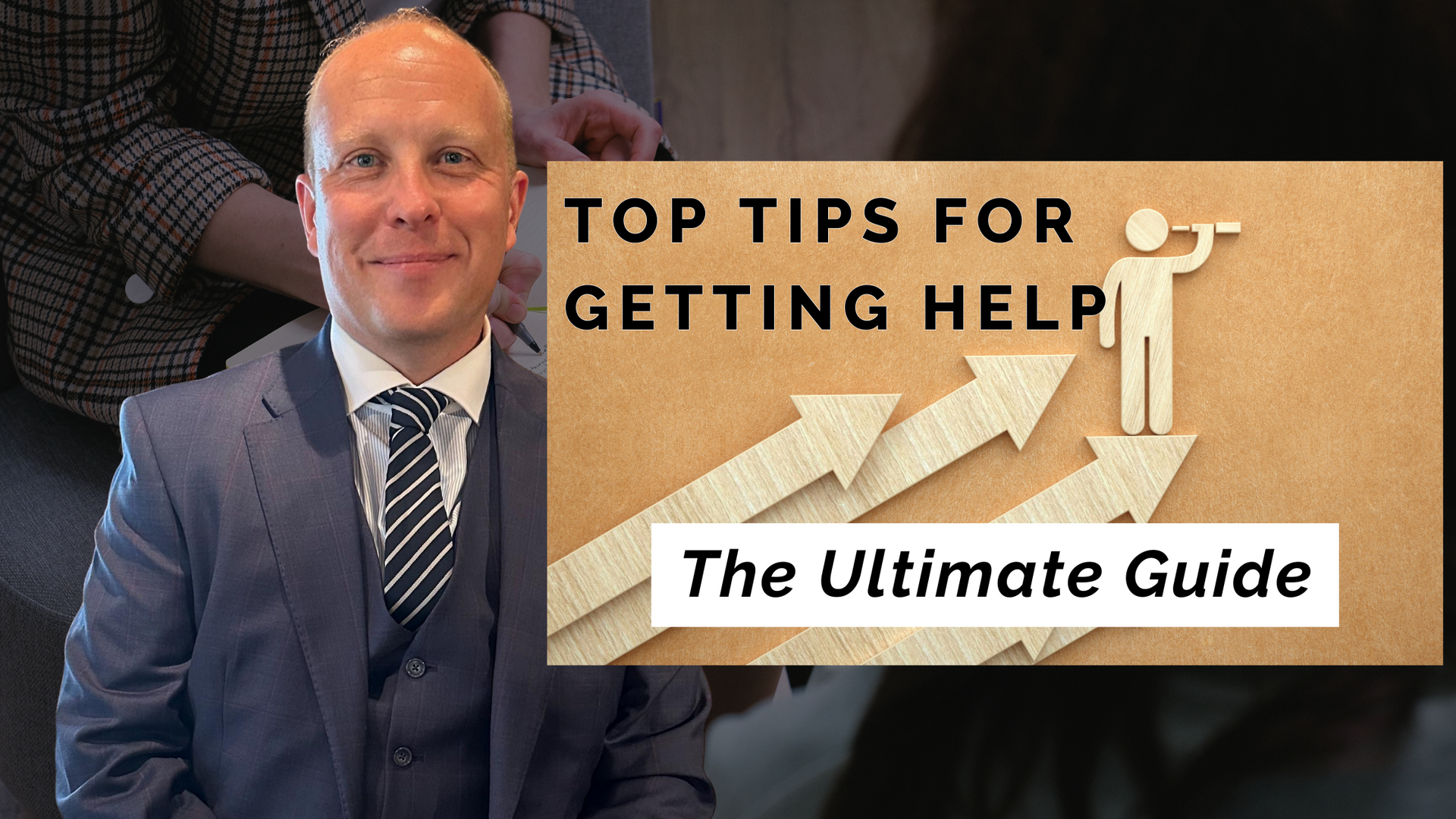Wellbeing in the Work Place - Is it Working?
noreply • 18 May 2019

This blog is extremely personal because as a leader I don't think we have really got a grasp on what wellbeing is, so I think I am best starting by saying what it isn't.
I have observed over the passed few months how "Wellbeing" in the public sector especially, has become a new fashionable phrase but in reality when you dig beneath the surface of most organisations you have the following ingredients:
A department, normally HR or Occupational Health, charged with delivering well-being programs driven by a higher authority, normally central government to tick a box because ill health and mental health are getting worse due to socio-economc environments.
So this normally consists of cake and coffee stands to talk about "Wellbeing" whatever that is and posters on the notice boards, most of this is a marketing exercise to sign post people to organisations like Mind, Samaritans, Mindfulness apps and websites etc.
Now these all are valid and welcomed and anything to raise awareness and signpost is brilliant but this isn't wellbeing, wellbeing isn't a tick box where you say, "Oh you have a problem go talk to this person".
So what do I mean by this?
Quite simply there are a few things that you need to know about wellbeing.
1. Wellbeing should run through the organisation like equality and diversity, it does not belong to a department
2. It should be what the organisation stands for. HR departments, finance departments are run by transnational, logical people.
Wellbeing is emotional and sits in a different part of the brain. However HR/Occupational Health should without doubt be part of wellbeing but should not lead it.
3. Wellbeing has no rank or position and affects different people in different ways
4. Wellbeing champions are essential but they are pointless if the culture in which they work does not put wellbeing at the heart of what it does.
Let's take a general Mission Statement from a local authority HR department, I have taken the authority name out
"Our service employs high calibre, professional staff, who are known for their exceptional service delivery and customer focus. Our mission is to support employers in XXXXXX and to enable them to effectively manage their staff".
Let's change that and then you choose who you want to work for or want to do business with.
"We put our staff at the very heart of what we do, we know that by listening to our staff and creating a safe, happy and creative environment we deliver an exceptional service to our customers. Our mission is to support our employees at XXXXXX to enable them to deliver outstanding results in a safe environment and encourage them to think different".
The first statement says - We put our customers first and manage our staff to ensure they deliver results
The second statement say - We put our staff first and they
ar
e encouraged to be creative and by doing that we break through barriers to deliver great results.
One is driven by logic (The Conscious Mind) the second is driven by a passion for people (The Subconcious Mind).
Now taking into account that we live 95-98% of the time in the subconscious and the main rules of the mind are that we want to make connection and avoid rejection, you can see why we have a mental health crisis and a wellbeing crisis in this country, but we haven't changed the way we do things.
If you read any Leadership book especially in America one company always seems to come up - Southwest Airlines
This is a quote from their CEO
"Our people are our single greatest strength and most enduring long term competitive advantage."
Gary Kelly, CEO Southwest Airlines
This is their recruitment campaign



You see Wellbeing is not about apps, posters, support. If that is what you are spending your time on the damage has already been done, you already have employees that have passed through the logical thought process, they are deeply on the other side, stuck in their subconscious wondering why they feel the way they do - they are not going to engage in these programs.
This is my journey in bullet points and why culture and tribal values matter.
1. Born into a family with not much money, not surviving but not thriving. A loving family who taught me to just get by.
2. I wanted more so I put myself out there but was told not to put my head above the parapet and just be like the rest of my tribe. Work hard don't complain.
3. So I enter my adult years with passion belief but a raft of limiting beliefs
4. My employers ensured those limiting beliefs continued, through logical limiting processes, but my heart was strong so I continued with a belief I would make it
5. I entered The Army, worked in IT and Education, The Police. All high stress jobs - why????
To prove people wrong, to show I was good enough and that I could achieve.
But I didn't have the tools in my mind to do this, my world had not given me the support and belief to achieve my goals, at every turn I spent my time proving, wanting acceptance.
What happened was I looked desperate....Your a nice guy but.... You have ideas but we don't want change we are happy with our culture/environment because it serves me....so the frustration kicks in.
That frustration is not seen as a wellbeing issue it is seen as a disgruntled employee, step forward process, procedure.
This is what it feels like:
You don't fit in here you need to get back where you came from - I am not enough
You need to change to fit in with us, we don't like people who are not the same as us - I am different
We are now putting barriers in your way via policy and process - I am different.
YOU NEED GOING THROUGH A DISCIPLINARY SO WE CAN BREAK YOU TO CONFORM!!!!!!!
Mission Accomplished - I broke👍

So in our modern world we are trying to fit wellbeing into our culture, rather than wellbeing being our culture, so until that happens our economies will fluctuate with uncertainty, people will continue to survive and not thrive and we will never actual live in peace and freedom.
The impact will be ill health, discord and we will continue to focus on what is not really important - Statistics, Financial Growth, Money, Fame, Job progression and trying to prove our worth.
It is a war and a race we will never win and the few are happy to accept the causalities, no poster or cup of tea on a wellbeing day will change that.
If we change our focus on self worth, service without strings, supporting people to find their passion and live it, freedom of mind and personal growth all employees will bring so much more into work and will make it a dynamic, creative and happy environment.
This takes me to the final piece in the puzzle - Environment.
If you create an environment which is driven by rules and policies you constrict growth, policies and procedures are their to set a baseline and need to be reviewed regularly and ensure welfare is at the heart of any decisions.
So if you have an issue you need a formula like this:
Person + Personal Environment and impact factors + Work Environment and impact factors = Person wellbeing profile.
What can we do to ensure all of those are balanced to ensure we have a happy, productive employee.
Only then when that has been investigated and plans put in place should policy come in, in regards to process.
If we do that regularly and we invest in taking time to connect with people we will have a thriving balanced work force.
It's the little things that make wellbeing, so remember, wellbeing isn't about posters and apps, it's about knowing and understanding your people.
I will leave this blog with a video from Simon Sinek and ask you to think about this.
Do we want to ensure we create a culture of wellbeing or do we want to create a culture of empathy?










